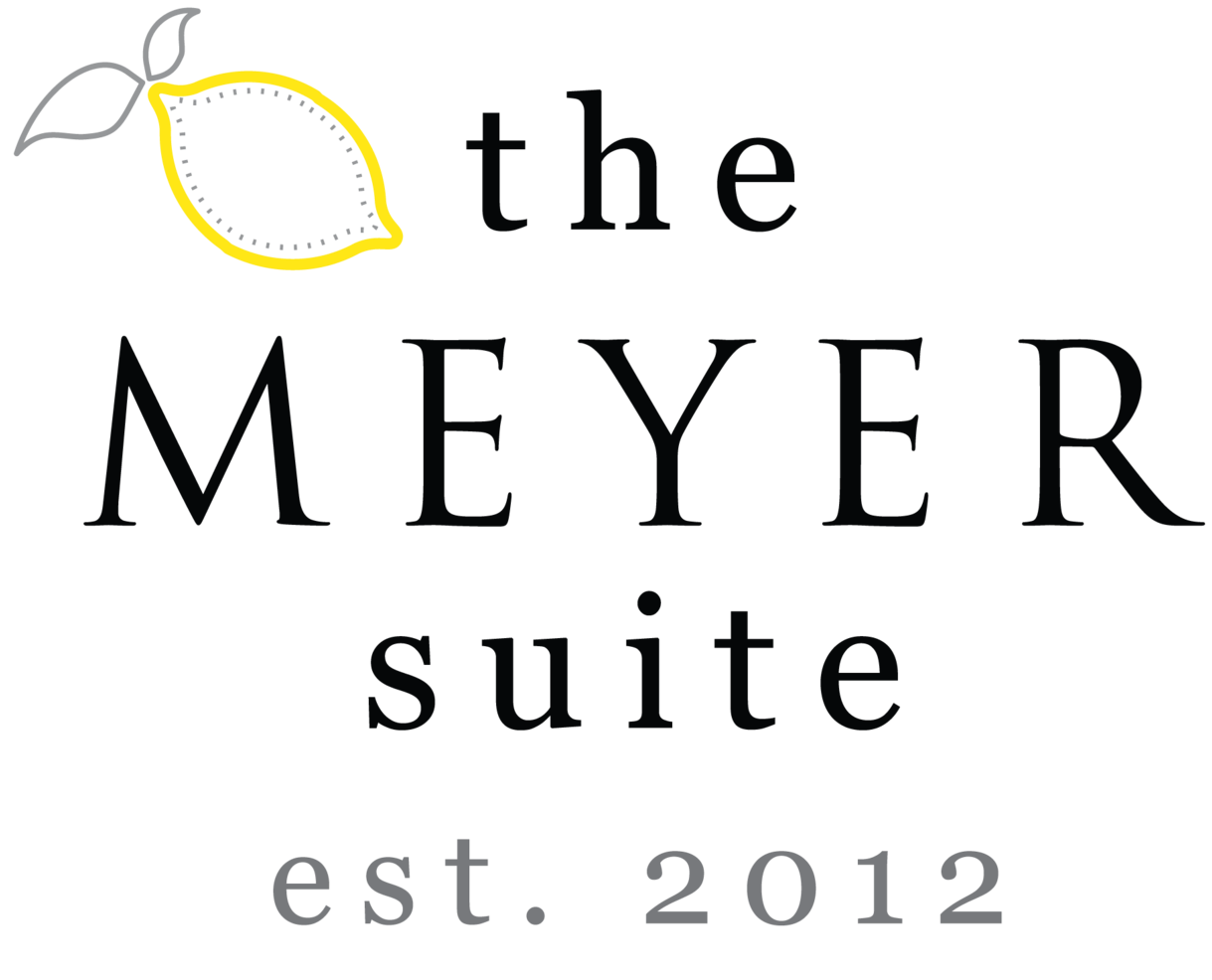Illustration by Jennifer Quick
Dear reader, you are currently in several relationships. You may be in just one romantic relationship, but most of your other relationships are platonic, and some are simply professional (clients, colleagues, employees, bosses, associates, etc.).
Are you struggling in one of those relationships? Maybe the other person continues to frustrate you, or not see your point, or does the same annoying thing over and over no matter how many times you’ve asked for change? Maybe you’re new to a job or role and you’re hoping to not experience struggles you’ve had with others in former positions?
Or maybe you’re new to a relationship with someone and want to “get it right”?
If you’ve answered YES to any of this, feel free to jump to below this box.
- Don’t read this, if you’re a boss and think it’s more important that your team learn from you and adjust to your ways than vice versa.
- Stop reading, if you regularly think or say that if that other person would just see it your way, things would be fine.
- Stop reading, if you are *not* interested in learning something here and thinking a little outside the box.
- Because if any of this describes you, I’m not sure you’ll be as receptive to what I have to share.
If you’re still here, you’re my kind of person. You are someone who wants to understand relationships and take a peek – from a different angle – at something that makes them successful.
Today, I’m sharing with you the ONE book that I recommend to people in business/work context: “The 5 Love Languages: The Secret to Love That Lasts,” by Gary Chapman.
Did you see that coming? Probably not. (Aside from seeing the illustration, which gave it away....)
The book is written for married people, the author is a marriage and relationships counselor, and the book is about how we give and receive love. Chapman writes that humans long to be loved and understood by another, even when we don’t know how to articulate that. He writes, “Our most basic emotional need is not to fall in love but to be genuinely loved by another… That kind of love requires effort and discipline.”
But take it from this never-married, single gal: if you remove the word “love” and read this book knowing that the same principals apply to relationships beyond marriage, you will be well on your way to stronger relationships across the board.
My simplistic summarization of the book: a critical key to relationship success is not something you do, but something you understand about the other person and actively act upon. Said another way, specific to the book: when you’re in love, you must understand how the other person needs to receive the love you’re sending the way you intend for it to be received.
Let’s say I’m an executive and my assistant bent over backwards to make something happen for me while I was traveling. I was impressed, but forgot to say anything to her. It’s okay, though; I know I’ll remember it when end-of- year bonus time rolls around. But, little did I know (because I’ve never asked her or thought about this), that she is motivated by (and needs) verbal affirmations. So, she was passive-aggressively miffed because I never verbally thanked her for all her hard work post-event and carries that frustration well beyond depositing that bonus check months later.
Or what about your colleague who you never invite to after-work happy hour because he has little kids, you assume he needs to get to daycare pickup, and don’t want to make him feel bad for missing social time. Ack! He joined your company six months ago because he’d been working in a small office and was excited to join a team that seemed to all get along and do a lot of activities together. Inviting him, including him, and seeking ways to get to know him will keep him motivated in ways you cannot imagine. But your actions (or in-actions) are going to drive him to the same frustrations he had at his last workplace.
I could go on and on with examples, but hopefully you are getting the point. We make a lot of
assumptions about others, and our own egos figure that others will adjust to us. But relationships of all kind call for our egos to be set aside in order to allow that other person in, therefore building the framework for a strong relationship.
###
“The 5 Love Languages: The Secret to Love That Lasts,” by Gary Chapman. The essence of this book is the core from which our success in ANY relationship stems.
If you are intrigued by the fact that I think this is an important book to read, you should read it.
If you do go on to read it (or already have), spend time thinking about the book concept applicability beyond “love” and marriage. If you do that, and truly embrace it, then I think you already are or will be a strong employer, manager, colleague.
INTERVIEW TIP: Imagine sitting in your next job interview (whether you’re the interviewer or interviewee), and asking, “Have you read ‘The 5 Love Languages?’” Oh, the conversation that could flow from that!!
- Elizabeth
Note: Chapman wrote another book, “The 5 Languages of Appreciation in the Workplace,” which is a great follow-up or next-read for those of you hungry for more. But please start with the original; we can ALL benefit from the original and if you’ve given yourself a chance to find the ways in which it applies beyond “love,” you’ll be better prepared for the next book.

